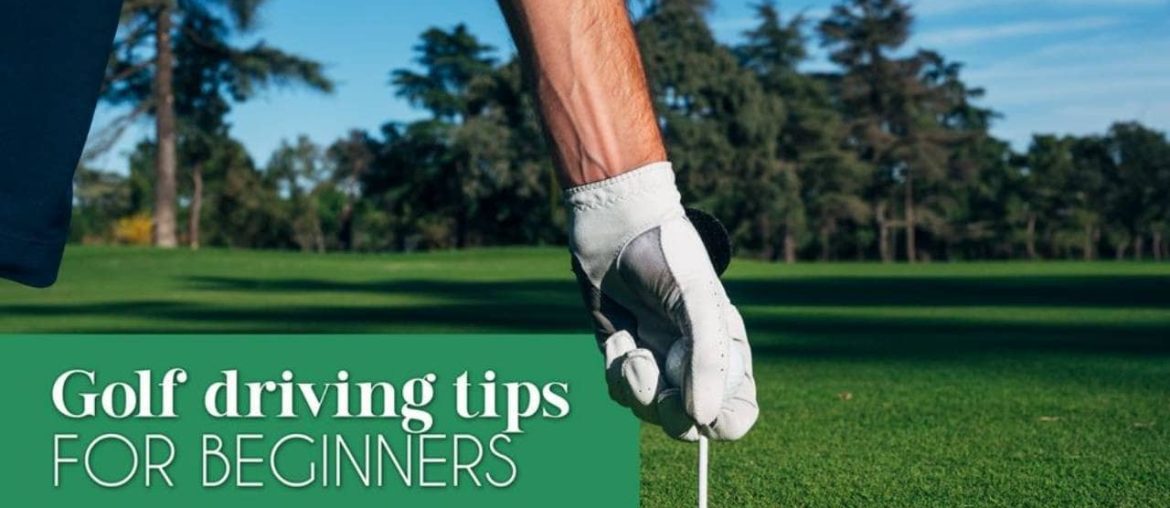|
Getting your Trinity Audio player ready...
|
Golf is a popular outdoor sport played on a course consisting of a series of holes. Each hole has a teeing ground, fairway, rough, bunkers, and a green with a flagstick and cup.
The object of the game is to hit a small ball into the cup using a variety of clubs. The player with the lowest score after completing the predetermined number of holes wins.
Golf can be played by people of all ages and skill levels, and is known for being a relaxing and enjoyable pastime.
To get started, new golfers should familiarize themselves with the basic rules and etiquette of the game, and practice their swing at a driving range or with a golf pro.
Golf is a relaxing and challenging sport enjoyed by people of all ages. If you’re just starting out, here are a few tips to help you improve your game:
1. Start by mastering the grip and stance.
2. Focus on your swing and aim for a smooth, fluid motion.
3. Practice your short game, including putting and chipping.
4. Vary your club selection based on the distance and terrain.
5. Stay relaxed and don’t get frustrated – golf is a game of mistakes and learning opportunities. With practice and patience, you’ll be well on your way to improving your golf game.
Golf Tips for Beginners:
1. Grip
One of the most important things for a beginner golfer to focus on is their grip. A good grip allows for better control and accuracy with your shots.
To achieve a proper grip, place your hands on the club with your left hand below your right hand (for right-handed golfers).
Your hands should be slightly turned towards your body, with your thumbs pointing down the club.
 2. Stance
2. Stance
Your stance is the foundation of your swing. Stand with your feet shoulder-width apart and bend your knees slightly.
Make sure your weight is evenly distributed between both feet. Keep your shoulders relaxed and pointed toward your target.
3. Pre-Shot Routine
Developing a pre-shot routine can help improve your focus and consistency on the course. Start by taking a few practice swings, visualizing your shot, and setting up to the ball.
Make sure to align your body and clubface with your target before taking your swing.
4. Swing
The key to a good swing is a smooth, fluid motion. Start by taking the club back, and turning your hips and shoulders away from the target.
As you bring the club down, shift your weight onto your front foot and turn your hips and shoulders towards the target. Finish your swing by extending your arms and following through toward the target.
 5. Short Game
5. Short Game
The short game, including shots around the green and putting, is often where beginners struggle the most.
To improve your short game, focus on proper club selection and aim for a smooth, controlled swing. When putting, aim for a smooth stroke and keep your head still to ensure accuracy.
6. Practice
Like any sport, practice is key to improving your golf game. Set aside time to hit balls at the driving range or practice green.
Work on different shots and focus on one aspect of your game at a time. Consistency is key, so try to practice regularly to see the most improvement.
7. Equipment
As a beginner, it’s important to have the right equipment to fit your skill level. Look for clubs with a larger sweet spot and more forgiveness, as these will be easier to hit accurately.
Consider consulting with a pro at a golf shop or taking a fitting to ensure you have the proper clubs for your swing.
 8. Course Management
8. Course Management
Knowing how to play each hole and choosing the right club for the shot is an important aspect of golf.
Take the time to study the course layout and choose a strategy that will set you up for success.
9. Etiquette
Golf is a game of respect and sportsmanship. Always be sure to follow proper course etiquette, such as replacing divots and repairing ball marks on the green.
10. Have Fun
Above all else, remember to enjoy the game and don’t get too caught up in the score. Golf is a lifelong pursuit and the more fun you have, the more you’ll want to play.
Conclusion:
Golf can be a challenging and rewarding sport for beginners. With practice and patience, you can improve your skills and enjoyment of the game.
Remember to focus on the basics, including your grip, stance, and swing, and don’t be afraid to seek out tips and advice from more experienced players.
As you gain confidence and experience, you can start to incorporate more advanced techniques and strategies into your game.
Whether you’re just starting out or have been playing for years, there’s always something new to learn and enjoy in golf.
Q1. What are some basic tips for holding a golf club correctly?
Ans: One tip is to hold the club with a relaxed grip, using the fingers of your left hand (for right-handed players) to grip the club. Your left thumb should be pointing down the club’s shaft, and your right hand should be placed slightly higher on the grip. It’s important to keep your hands and wrists in a neutral position and to avoid gripping the club too tightly.
Q2. How should I position my feet when taking a swing?
Ans: Your feet should be shoulder-width apart and pointing straight ahead. You should also bend your knees slightly and keep your weight balanced evenly on both feet. A good way to check your foot position is to ensure that your toes are pointing where you want your shot to go.
Q3. How should I align my body on my backswing and downswing?
Ans: On your backswing, you should turn your shoulders away from the target while keeping your arms extended and your hands close to your body. On your downswing, you should rotate your hips and shoulders back towards the target while keeping your head steady and your eyes focused on the ball.
Q4. Can you recommend a good drill to help me improve my swing?
Ans: One drill that can be helpful for beginners is to practice swinging with a shorter club, such as a pitching wedge or a 9-iron. This will help you learn to swing the club in a more controlled manner, and will also help you develop proper swing mechanics. You also can practice swinging with a specific goal or practice focus on each swing, keep it simple, like focusing on a smooth swing or a straight shot, practicing with a single goal on each swing can help you improve your swing and become a better golfer.
Q5. What are some common mistakes that beginners make when playing golf?
Ans: Some common mistakes that beginners make include gripping the club too tightly, standing too close to or too far away from the ball, swaying during the swing, and not keeping their head steady. Additionally, many beginners have a tendency to swing too hard or to lift their head up too early when making contact with the ball. It’s also important to remember to keep your eyes on the ball and to focus on your swing mechanics when making contact with the ball.



 2. Stance
2. Stance 5. Short Game
5. Short Game 8. Course Management
8. Course Management

